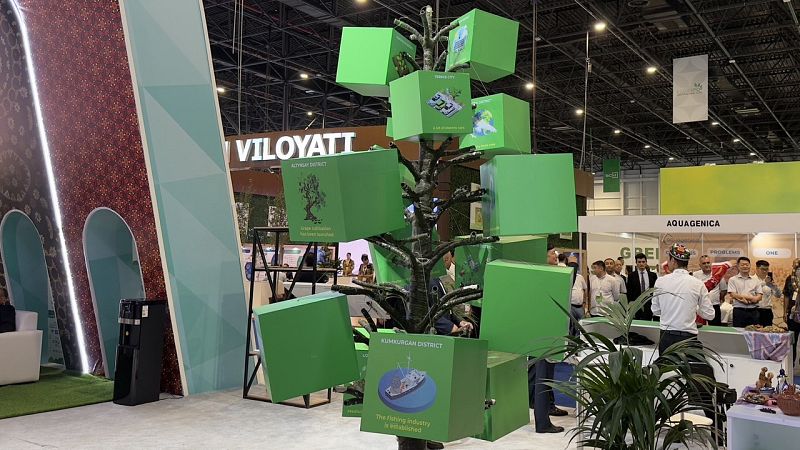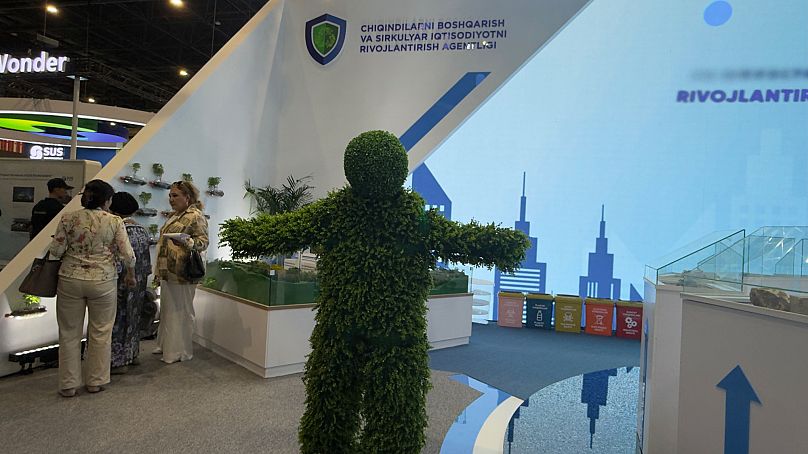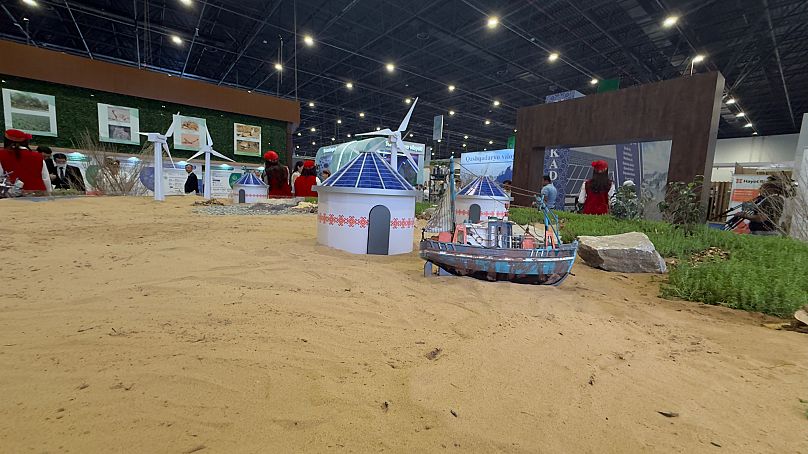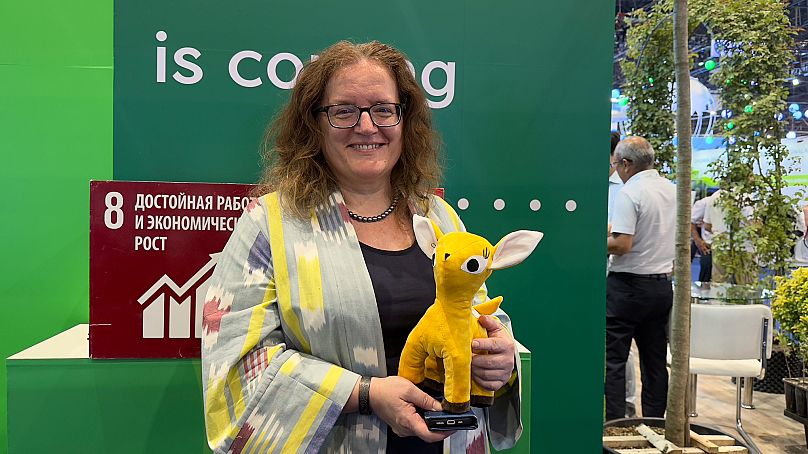
Uzbekistan has announced two major environmental initiatives: the expansion of ecological recovery projects in Karakalpakstan, the region most affected by the Aral Sea crisis and the upcoming launch of a national green certification system for businesses.
The announcements were made on the sidelines of Eco Expo Central Asia 2025, which served as a platform to highlight Uzbekistan’s ongoing environmental reforms.
From environmental crisis to sustainable model
In recent years, more than 2 million hectares of vegetation have been planted on the dried seabed of the Aral Sea in Karakalpakstan, a region once known for its ecological devastation.

The afforestation has reduced dust storms and improved local air and soil conditions. Now, the government is entering a new phase of work in the region, focused on biosaline agriculture - using salty water to irrigate crops, climate-resilient farming and sustainable water use.
“Our goal is to transform Karakalpakstan from an environmental disaster zone into a model of sustainable development,” Aziz Abdukhakimov, Minister of Ecology, Environmental Protection and Climate Change told Euronews.
“This is where nature, economy, and community can exist in balance”.

A dedicated Karakalpakstan pavilion at the Expo showcased these efforts and invited new international partnerships.
'Green certification' system to support small and medium-sized enterprises
Another major step announced at the Expo is the launch of a national green certification programme, aimed at helping small and medium-sized enterprises (SMEs) transition to cleaner, more sustainable practices.
“Many businesses still view environmental standards as a burden,” Abdukhakimov said.
“This initiative will shift that perception by improving access to green financing, international grants, and concessional loans”.

The programme will be implemented in collaboration with green banks and development partners, making it easier for SMEs to adopt eco-friendly technologies and practices.
Sabine Mahl, UN Resident Coordinator in Uzbekistan, welcomed the announcements, highlighting the country’s effort to balance climate action with social equity.
“In Uzbekistan, we see strong progress toward a just transition — protecting the environment while also supporting the most vulnerable”, she said. Mahl also praised the Aral Sea programme as a globally relevant model of ecological restoration.
The national pavilion at Eco Expo is more than just a display. It’s a platform for partnership, dialogue, and innovation aimed at shaping a sustainable tourism agenda and green economy across Central Asia.
With representatives from over 30 countries and 20 international organisations, the event served as a platform not just for showcasing technologies, but for setting new policy directions.
For Uzbekistan, the Expo was a way to show what it's doing to protect the climate and grow in a greener way.







